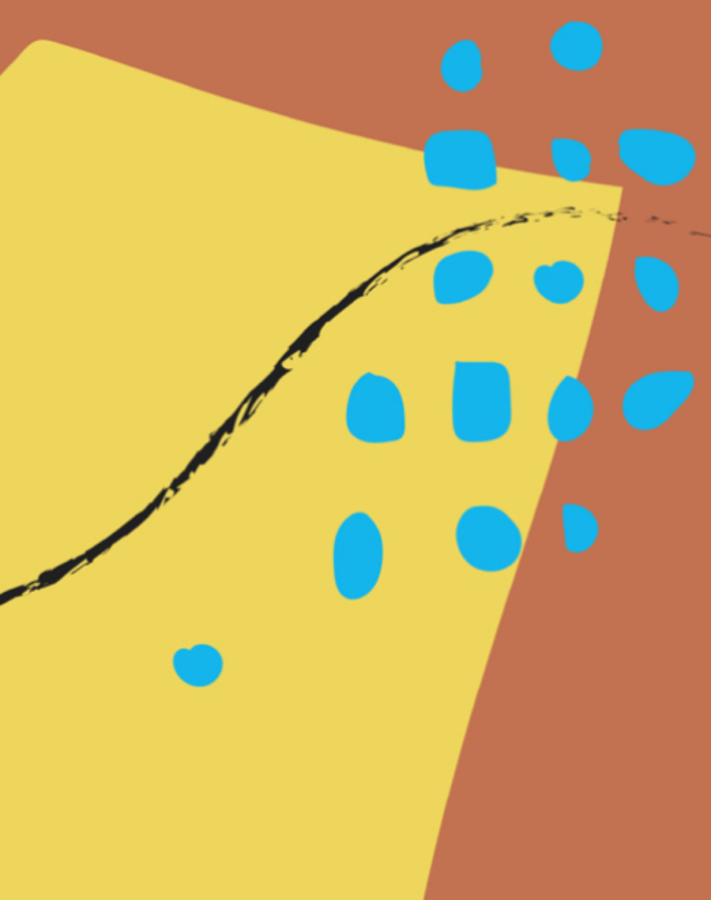Burnout is a Wild Beast

I was not that surprised when Sam dropped off the radar for several weeks. As the Director of a not-for-profit creating social change, she was passionate, hard working and dedicated to the organisation. This resulted in long hours and hectic days trying to juggle the demands of the job and the hopes and expectations of the Board and community. Like so many others in her life, we were proud and admiring of her work and achievements. Her life appeared purpose driven, passionate and inspiring.
When I next did hear from Sam it was not the conversation I expected. Her voice was flat and slow as she shared that she had taken a week off work only to have it turn into two weeks, and now three. The toll of being a high achiever, of her ‘can do’ attitude was finally being paid.
“Burnout is a wild beast” were the words used by Sam to explain her experience. Two years of heavy workload, long hours and high expectations had created the perfect conditions for physical and emotional exhaustion. Something Sam had seen happen to colleagues but thought she was immune from.
It wasn’t like she woke up one day and just felt unwell. The signs had been there for a while and she had made some quiet attempts to let others know, to request support, and to try and reset her work-life boundaries. The problem with burnout is that it is sneaky. It creeps up on you inch by inch. A bit like boiling a frog. The frog notices if it is placed in boiling water and jumps out. However, if you place it in cold water and slowly heat it up, it doesn’t notice, so it stays until the water is boiling and… well, you know how the rest goes. While in reality frogs may not be as silly as we think, the metaphor is a good one to describe the insidious nature of long-term stress.
Burnout is the result of being exposed to chronic work stress – or a slow boil – that places the body and mind under duress and leads to the kind of physical and emotional exhaustion you might experience at the end of running a marathon. Activities or challenges that used to bring energy and motivation instead become overwhelming and you are no longer able to function effectively professionally or personally.
Often, we think of stress being caused by difficulty or crisis, however, it can also be created by too much of a good thing. Trying to grab hold of too many amazing opportunities without adequate resources – energy, people, finances – to meet the ongoing demand. Regardless of the stress being caused by opportunity or threat the impact can be the same.
How do we define Burnout?
Burnout is a state of chronic stress that leads to:
- physical and emotional exhaustion
- cynicism and detachment
- feelings of ineffectiveness and lack of accomplishment
The journey to burnout is marked with warning signs and if you know what to look for you can recognise it and take action before it is too late. Each symptom will exist along a continuum from mild to severe and the earlier (milder) the symptoms the easier to turn things around. Examples of changes in thinking, feeling and behavior include:
- Fatigue: In the early stages, you may feel a lack of energy and feel tired most days. In the latter stages, you feel physically and emotionally exhausted, drained, depleted, and you may feel a sense of dread for what lies ahead on any given day.
- Sleep: In the early stages, you may have trouble falling asleep or staying asleep one or two nights a week. In the latter stages, insomnia may turn into a persistent, nightly ordeal; as exhausted as you are, you can’t sleep.
- Memory & Attention: Lack of focus and mild forgetfulness are early signs. Later, the problems may get to the point where you can’t get your work done and everything begins to pile up.
- Physical symptoms. These can include chest pain, heart palpitations, shortness of breath, gut pain, lightheadedness and/or headaches that increase in frequency and duration.
- Appetite: Weight fluctuations can happen, either because you crave more sugar and fatty foods, or you lose your appetite, skip meals and eat less.
- Mood changes: You might find yourself feeling more anxious, or on edge. This can lead to irritability and anger, maybe finding yourself short and snappy with others, or yourself. It can also manifest as feelings of sadness, lack of interest or enjoyment in your usual activities, hopelessness, guilt or worthlessness. At the more severe end, this mood change can develop into an anxiety disorder or episode of depression.
- Detachment & Isolation: Detachment is a general sense of feeling disconnected from others or from your environment. It can take the form of avoiding social interaction or avoidance of work tasks and responsibilities. You might cancel a lunch date, call in sick, avoid making phone calls or returning emails.
- Illness: Chronic stress weakens your body’s immune system making you more vulnerable to coughs, colds and physical injury e.g., strained or pulled muscles.
- Performance: The changes in thinking, feeling and behaviour can all lead to being less effective or productive at work. People will often respond in the early days by working longer hours to “catch up” or “stay ahead”, which just results in increased stress and likelihood of burnout.
Taming Burnout
If you think you may be experiencing burnout – pause. Take stock. What are you noticing? If you are unsure then speak to your GP, psychologist and/or a friend or family member you trust. Getting a second opinion can help you see things more clearly.
If you are experiencing burnout then remember that this is a chronic disorder. Burnout is unlikely to resolve on its own without you making some significant lifestyle changes. Start by talking to people in your life who can help you reduce the work stressors and build in rest and rejuvenation. At a minimum take care of your basic physical needs –safety, sleep, exercise and nutrition – and your basic psychological needs – autonomy, competence and relatedness.
And as hard as it may seem to stop and take positive action it is the only way forward when it comes to taming the wild beast that is burnout.
If you need further support in your workplace, get in touch with our Business Team via business @themindroom.com.au. From an EAP service to workshops, Wellbeing Strategy to our soon-to-be launched Coaching service—we can help support your organisation in managing burnout.





